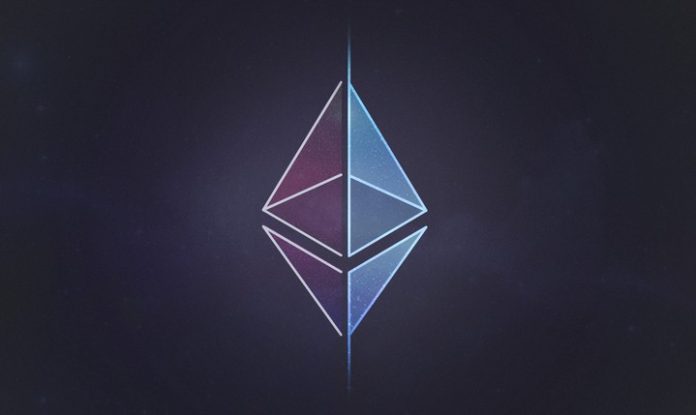In early October, Ethereum World News reported that the development team of the Ethereum core, after months of developing Constantinople has taken steps to take the upgrade of the blockchain to the Ropsten testnet of the network. The belief of the developers back then was that, if the test was successful, by the end of October, the upload of Constantinople to the mainnet will take place. However, after the upgrade on Ropsten, it was obvious that something was wrong; the fork stalled for 2 hours at block 4,299,999, revealing issues faced by Constantinople. Even with the continuation of the testnet, the post-hard fork blocks initially showed zero transactions. Later on, parity developer, Afri Schoedon, via Twitter updated the crypto community on the situation, saying that a consensus problem unfortunately happened, which has led to a 3-way fork between Parity, Geth and another well-known Ethereum-based client. During the fork’s post-mortem, Afri Schoedon explained:
- Recently added hash power caused reduced block times and caused this hard fork to happen much earlier than expected on a Saturday which is, by all means, the worst time for a hard fork.
- Hard fork happened only 6 days after Geth release and 1 day after Parity release, users had not enough time to upgrade.
- There is no fork monitor available, only http://ropsten-stats.parity.io which does not reveal details about the different chains.
Disclaimer: The information on this site is provided for discussion purposes only, and should not be misconstrued as investment advice. Under no circumstances does this information represent a recommendation to buy or sell securities.




